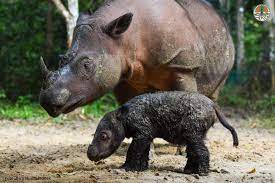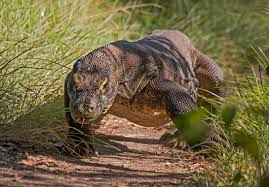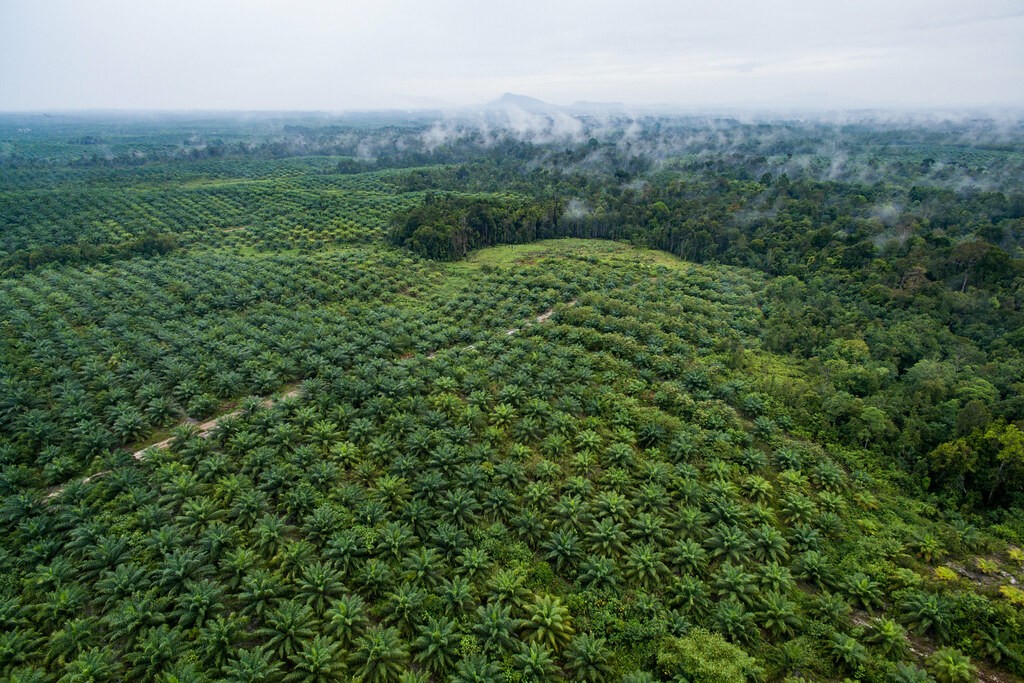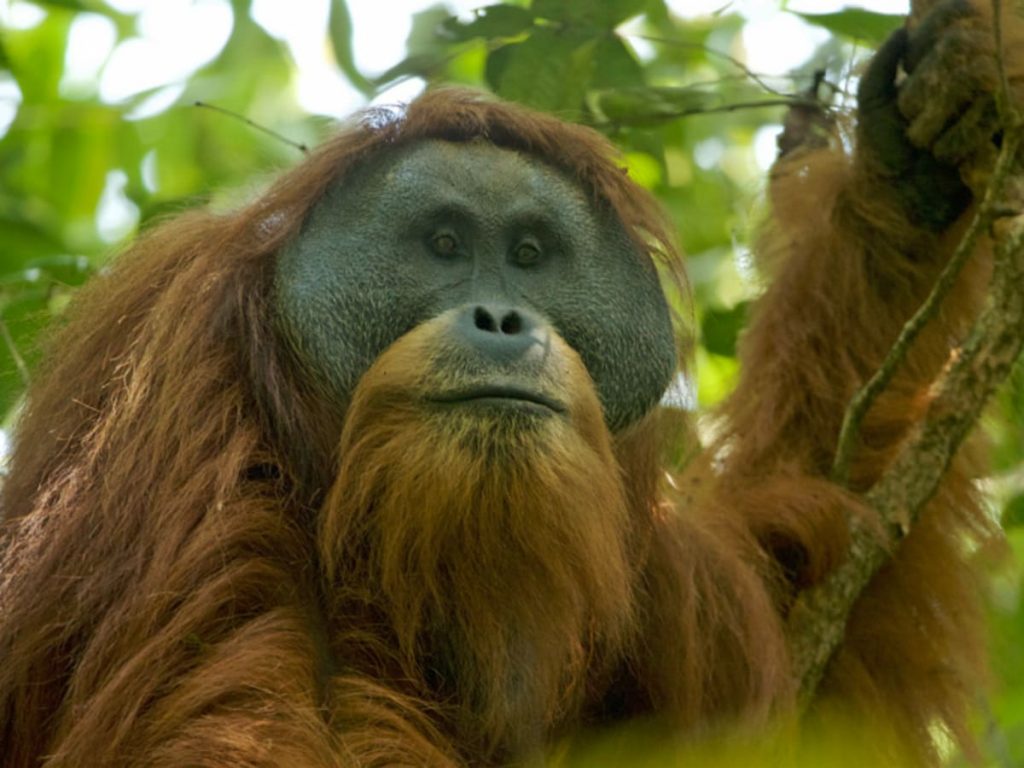Many of the Indonesian forest reserves, have become paper parks, with much or most of the forestation and other vegetation lost. They clear land in the hope that they will eventually be given the title to the land to make their seizures legal.
Under their new program “conservation partnership”, the settlers acknowledge that they cannot claim the land, and they have to help restore the land to how it was before they damaged it. The are then allowed to remain on the land and cultivate traditional crops and harvest non timber products like rattan and honey – but importantly, not palm oil.
This model has grown, and now 177,000 hectares is under this form of management (about 700 square miles.
It continues to be a hard balance between the protection of the forest, and allowing the people who live in these areas (both native, and those who move from elsewhere), to be able to better their lives through work. If work exists that both benefits them and the ecosystem then this is likely to succeed.

















